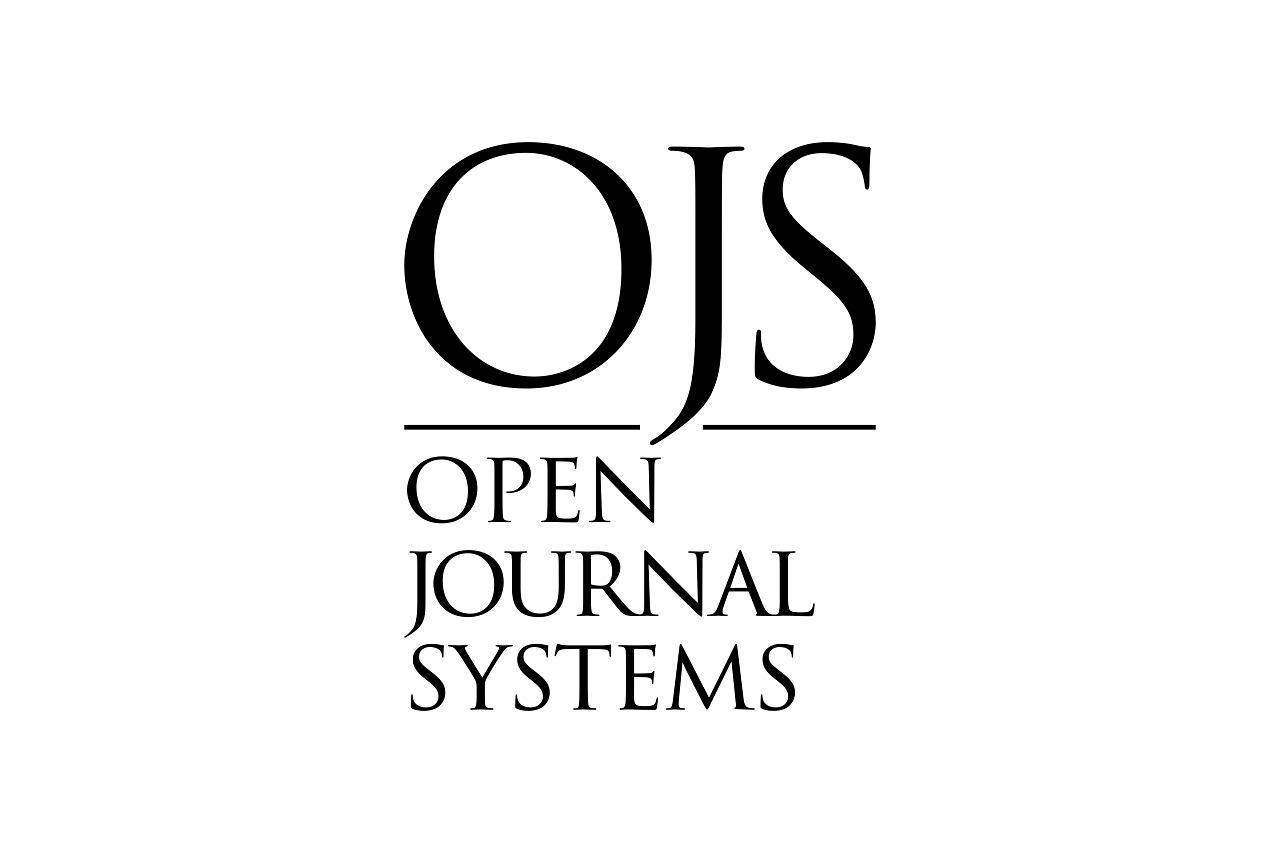Challenges for the smartification of Kazakhstan cities: evolution of models of city development governance in the framework of democratization
DOI:
https://doi.org/10.52123/1994-2370-2021-76-1-59Keywords:
Smart City, good governance, city management, Digital Kazakhstan, institutional developmentAbstract
Urban governance is a multidimensional process, based on planning, allocation of limited resources, implementation of current and investment tasks, monitoring and control. The management processes involve stakeholders with different interests, role, and degree of involvement in management. At the institutional level, there are central government organizations that provide the parameters of urban policy on a country scale, city politicians and managers responsible for managing all urban systems and the citizens themselves.
The inconsistency of interests and plans reduces the attractiveness of the city, can lead to an increase in the cost of living, an outflow of population. This article discusses how the concept of a smart city can affect the quality of management and improve the quality of decisions. Case of Kazakhstan cities allows us to conclude that the quality of management and interaction of participants affects the sustainability of the city's development in all areas of development. Good governance affects economy, lifestyle and living conditions, attractiveness for living. In turn, new opportunities used by citizens to influence policies create the sustainability in city's development.























